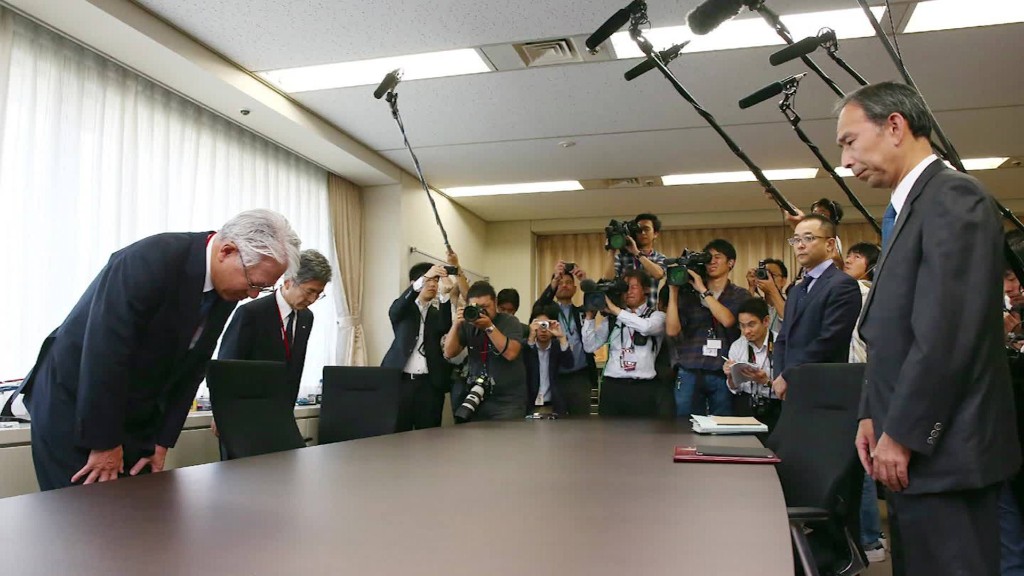
Europe has issued a warning to the aviation industry: Stop using metal from scandal-plagued Kobe Steel.
The European Aviation Safety Agency (EASA) advised manufacturers in a statement Wednesday to suspend their use of Kobe Steel (KBSTY) products after the Japanese firm admitted to falsifying data.
The regulator recommended that aircraft makers find alternative suppliers and conduct a "thorough review of their supply chain."
It's the first such advisory to be issued by a major regulator since Kobe Steel came clean last week over faking strength and durability data on thousands of tons of aluminum and copper parts.
The revelation left plane, train and automakers across the world scrambling to gauge their exposure to the suspect parts.
Toyota (TM), Ford (F), GM (GM), Boeing (BA) have all said they used Kobe Steel, as have the operators of Japan and Britain's high-speed rail networks. All bought affected Kobe Steel products either directly or via their supply chain. The companies insist that safety has not been compromised and they aren't making recalls.
European aviation giant Airbus (EADSF) does not directly source any products from Kobe Steel, but it said that a limited number of systems and engines used in its planes contain the company's products.
"Airbus has taken note of the EASA bulletin and that we are already assessing our supply chain. We carefully monitor the situation and look forward to comply with the authorities' recommendations," it said in a statement.
Related: How things got ugly for some of Japan's top brands
Kobe Steel has warned that the practice of falsifying quality data, including on its steel products, could spread back 10 years or more. The company has apologized.
Around 500 customers are thought to be impacted, according to a Kobe Steel spokesperson.
The U.S. Justice Department said this week that it has written to Kobe Steel requesting documents related to the scandal.
Kobe Steel could have to pay almost $900 million in compensation and litigation costs as a result of the data fiasco, according to Thanh Ha Pham, an analyst at Jefferies. Pham said that the company could eventually be forced to sell off key parts of its business to stay afloat.
The saga is the latest knock to Japan Inc., which has been tainted in recent years by a cascade of corporate frauds and cover-ups.
The stumbles include Takata's deadly airbags, Mitsubishi Motors' fudged fuel-efficiency tests and Toshiba's damaging debacles over its accounting and nuclear power business.
